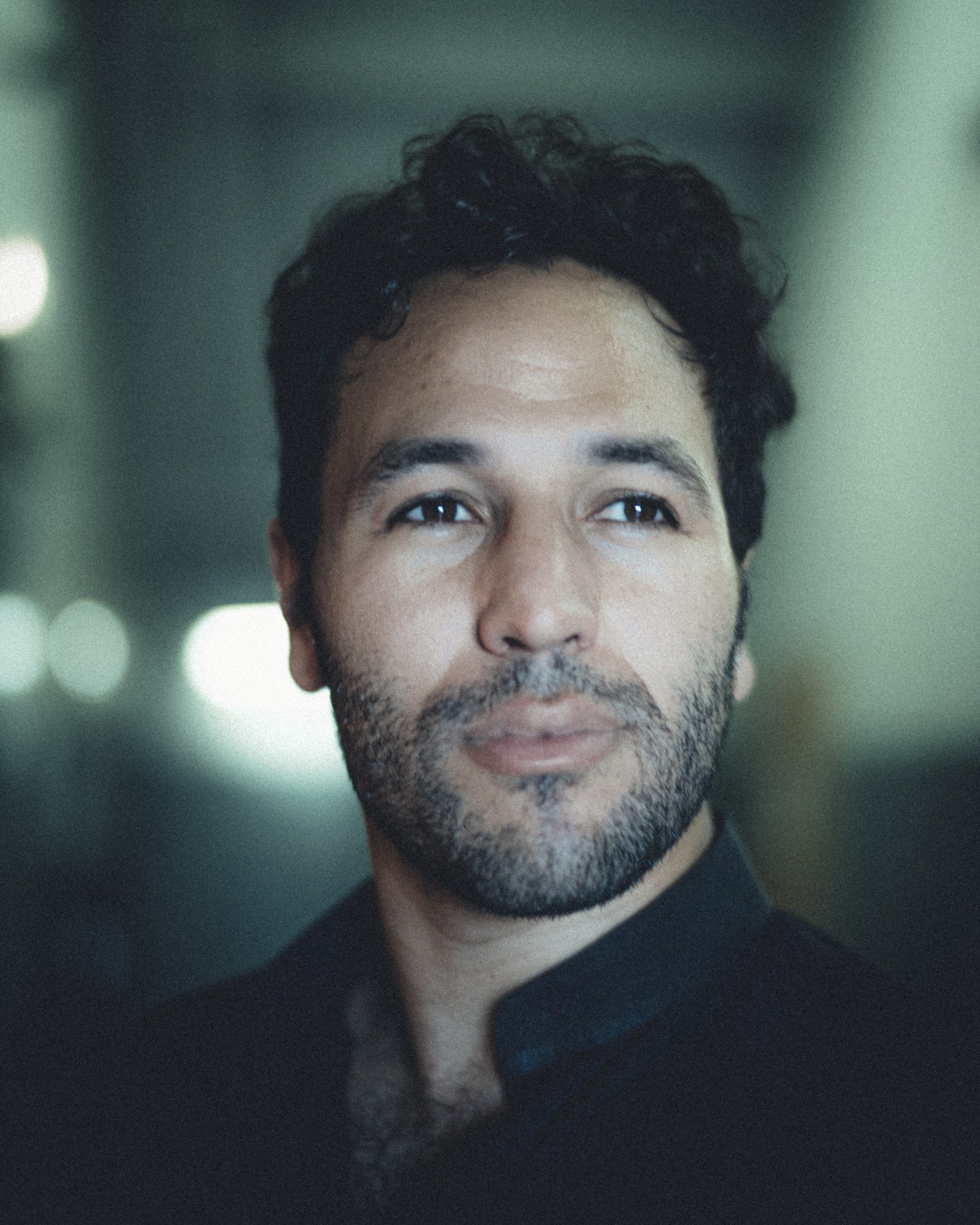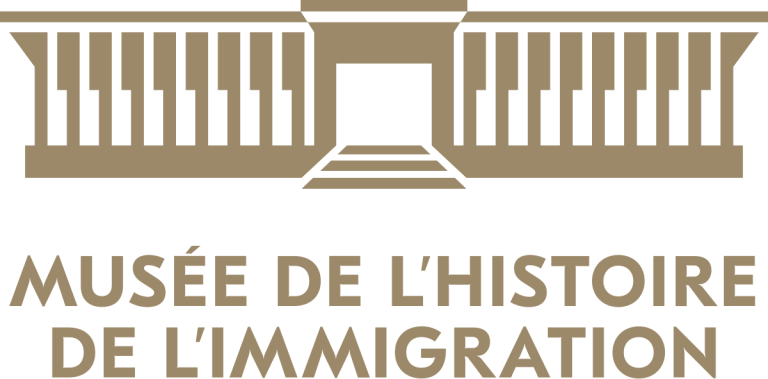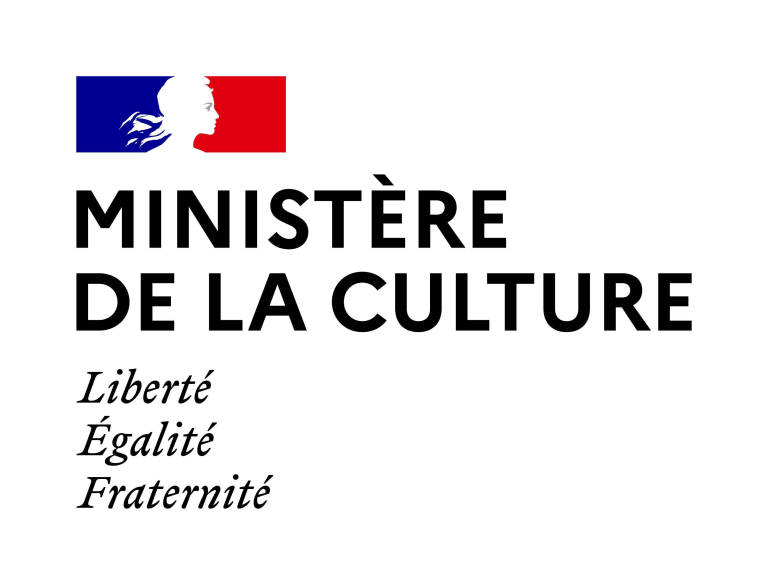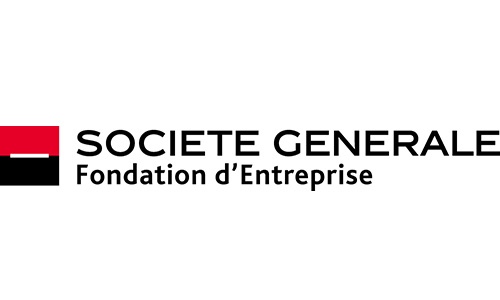Timothée Varon
Lyric Artist
September-November 2025

Julien Mignot / Opéra national de Paris
- Music
- New Orleans
“The links of influence and fracture between classical and Creole music tell us a great deal about our history and our plural identity. I’d like to make them heard by exploring a little-known repertoire and original creations, from yesterday to today.”
I started out in music as a teenager, playing reggae and rap as part of a collective I’d created, where I sang, wrote and composed. Opera was a late discovery and revelation for me, at the age of twenty, when I was studying Humanities at university. I had the powerful impression of having found the artistic medium through which I wanted to express myself. This so-called “total” art combines several of my passions: singing, of course, but also literature, music, theater and the visual arts.
Opera’s relationship with history appeals to me; it enables Western societies to maintain a living link with the music and stories of their past. I’m sensitive to the legitimate culture that we help to cross centuries and oceans, but also to that which has always resisted oblivion against all odds. I wonder how we can express them together.
Originally from Reunion Island, I began several years ago to build a project born of an initial desire: to give a new hearing to maloya, the island’s major musical genre descended from the songs and dances of slaves and indentured laborers, and classified by UNESCO as part of humanity’s intangible cultural heritage, by proposing original classical compositions from this repertoire.
The many encounters I made during this first project encouraged me in the idea that it was important to write classical music with new materials, while respecting the very essence of the language, texts and genre. This is what I hope to explore further during my residency.
Born in 1991, baritone Timothée Varon graduated from the Conservatoire National Supérieur de Musique de Lyon. Named Révélation de l’ADAMI in 2018, “Prix Révélation” of the Raymond Duffaut Competition, he perfected his vocal skills at the Académie de l’Opéra national de Paris. He performs numerous roles in the repertoire, from the Baroque to the 20th century, in the leading opera houses of France and Europe. In 2024/2025, he sings the title role in Don Giovanni at the Théâtre de l’Athénée and Winterreise in recital in several concert halls, and performs in the auditoriums of Nantes and Angers, at the Opéra de Dijon, the Opéra de Toulon and the Opéra Royal de Versailles.
My project for the Villa Albertine aims to question the divide between traditional Creole music and the so-called “art music” of yesterday and today.
My work began with maloya, a Creole music by nature. Its combination with classical music raises a number of questions: how are the musical contributions of the various peoples displaced on a virgin, colonized and creolized land distributed? In a context of slavery and post-slavery, how does the musical language of the dominant group fit in with that of the dominated group?
With these questions in mind, I turned my attention to the first appearances of Creole music in the field of classical music. During trips to French Guiana and then to Brazil with the Opéra national de Paris in 2022 and 2023, I discovered a little-known repertoire. I was surprised to discover that there have been lyrical melodies for piano and voice written by Creole composers since the early 19th century, evoking this culture and these rhythms. They can be found in New Orleans, with Louis-Moreau Gottschalk, for example, who in 1854 composed a symphony in which free blacks from Cuba played the rhythmic part on their traditional drums; but also in Salvador de Bahia, Port au Prince and Havana, or in France with Maurice Ravel and his Chansons Madécasses, based on the work of the Reunionese poet Evariste de Parny.
My residency in New Orleans will enable me to delve into this complex musical history, strongly influenced by changes in the social and political context, from a territory emblematic of these porous, conflicting and often paradoxical relationships. I’ll be exploring several avenues: discovering or rediscovering scores, meeting with researchers and artists who are tackling these issues, and performing to give voice to this multifaceted music.
As a performer, I hope to bring this little-known or even forgotten repertoire to the stage, alongside revisited pieces and original creations.
New Orleans is the U.S. city that saw the construction of the continent’s second-largest opera house, and certainly the first in terms of importance and influence. It seems that its construction was largely due to the influence of French slave-owning families, who fled, often with their slaves, from the Haitian revolution. So it was in a Creole world in the throes of upheaval that lyrical art burst onto the scene in Louisiana.
For my research into the points of encounter and influence between classical and Creole music, it quickly became essential to immerse myself in this territory, to question its past and heritage with researchers in history, sociology and musicology, and to meet the composers, musicians and poets who live and create there today.
New Orleans is known as the cradle of jazz, whose classical component is no longer in question. Classical music, Creole music, jazz: through my work, it is also the boundaries around these different genres that I wish to question, by exploring the influences and historical contexts that presided over them.
In partnership with

Academy of Paris Opera

Museum of the History of Immigration

Direction of Cultural Affaires of La Reunion

Societe Generale Foundation
The Societe Generale Foundation contributes to the development of a more inclusive and sustainable society by supporting initiatives that generate a positive social impact in the fields of Education, Culture and the Environment. Driven by an entrepreneurial spirit, it provides support to structures of general interest and cultural organizations that carry out projects with a high impact potential, whether they are incipient or large-scale initiatives. The Foundation operates in France, at both national and regional level, and also supports multi-country or internationally oriented projects.
As a major partner of Villa Albertine’s residencies, the Societe Generale Foundation is committed, through this exceptional partnership, to supporting the career development of artists and promoting artistic excellence. It contributes to transatlantic dialogue through the arts and to the international reach of French culture. The Foundation particularly supports the development of classical music within the residencies through a dedicated call for projects, continuing a commitment of more than 38 years in this field. This partnership also builds upon the Societe Generale Group’s ongoing support of contemporary art for the past 30 years, notably through a collection of nearly 1,800 works — paintings, graphic arts, photographs and sculptures — by French and international artists. Through these commitments, Societe Generale reaffirms its dedication to artistic creation and excellence, in France and internationally.
For more information, visit https://fondation.societegenerale.com/en.


